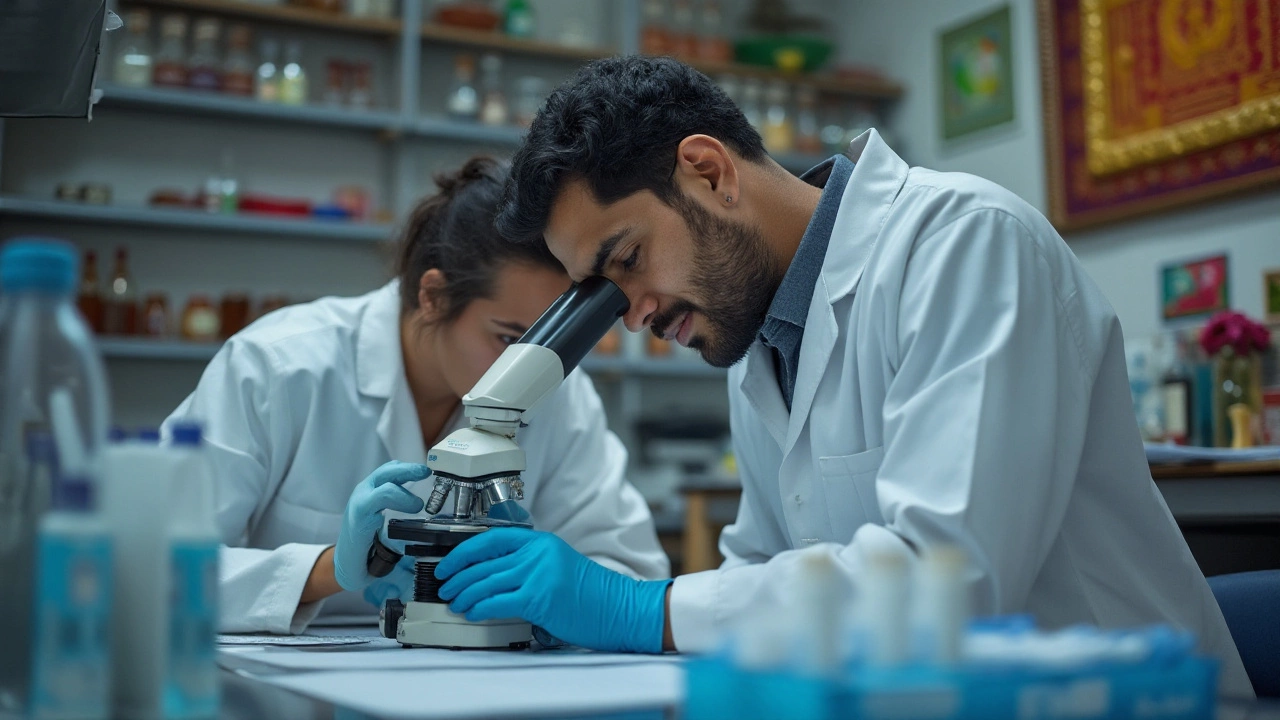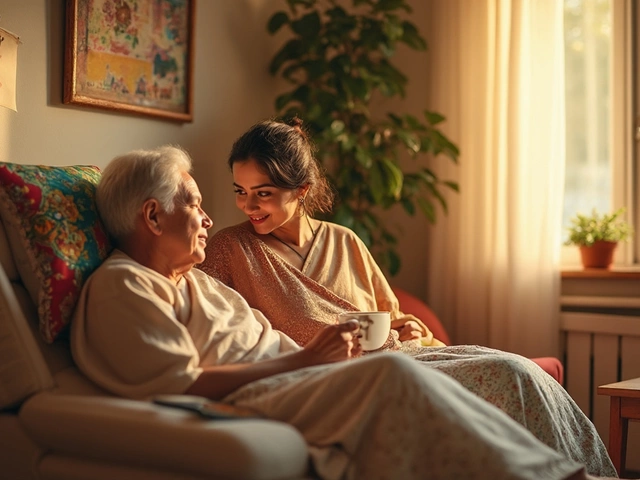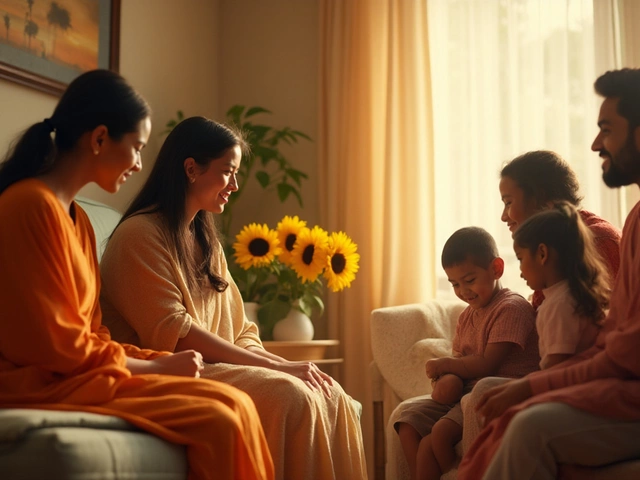Cancer Challenges: What You Need to Know
If you or a loved one are facing cancer, the word "challenge" feels huge. It covers everything from scary test results to pricey meds and the emotional roller‑coaster that follows. This guide breaks down the most common hurdles and gives you simple steps to handle each one. No jargon, just what matters day‑to‑day.
Typical roadblocks in a cancer journey
First up, the diagnosis itself. Many people hear the word "cancer" and instantly think the worst. The shock can freeze decision‑making, so it helps to ask for a clear explanation of the type, stage, and treatment options. Next comes treatment side effects – nausea, fatigue, hair loss, and more. Knowing which side effects are common lets you prepare a plan with your doctor, like anti‑nausea meds or nutrition tweaks.
Money is another big roadblock. Cancer drugs and procedures can drain savings fast. Look into government schemes, hospital charity funds, and private insurance that cover part of the cost. Even small steps, like negotiating a payment plan, can ease the pressure.
Emotional strain often goes unnoticed. Fear, anxiety, and loneliness are normal, but they can affect how well you stick to treatment. Joining a support group, talking to a counselor, or simply sharing feelings with family can make a huge difference.
Practical ways to tackle each challenge
Start with a cheat‑sheet for appointments. Write down questions, bring a trusted friend, and ask the doctor to repeat anything you don’t understand. This keeps the conversation clear and helps you remember the plan.
For side effects, keep a symptom diary. Note when nausea hits, how strong the pain is, and what seems to help. Share this with your oncologist – they can adjust doses or add supportive meds. Simple home tricks like ginger tea for nausea or short walks for fatigue often work well.
When it comes to costs, ask the hospital’s financial counselor right after the diagnosis. They can point you to subsidies, low‑interest loans, or crowd‑funding platforms. Many pharma companies also run assistance programs for specific drugs; a quick call can unlock free or discounted medication.
Emotionally, schedule short “check‑in” moments each day. It could be a 10‑minute meditation, a phone call with a friend, or writing down three things you’re grateful for. If you feel overwhelmed, reach out to a therapist who specializes in cancer care – many clinics offer sliding‑scale fees.
Finally, stay informed but avoid information overload. Focus on a few trusted sources like the Indian Council of Medical Research or reputable cancer centers. Articles like "Top 5 Cancer Treatments Explained" give a solid overview without the hype.
Remember, every cancer journey is personal, but the challenges you face are common. By breaking them into manageable pieces – clear diagnosis, side‑effect control, financial planning, and emotional support – you turn a daunting experience into a series of doable steps. Keep this guide handy, and you’ll feel more in control whenever a new hurdle appears.





